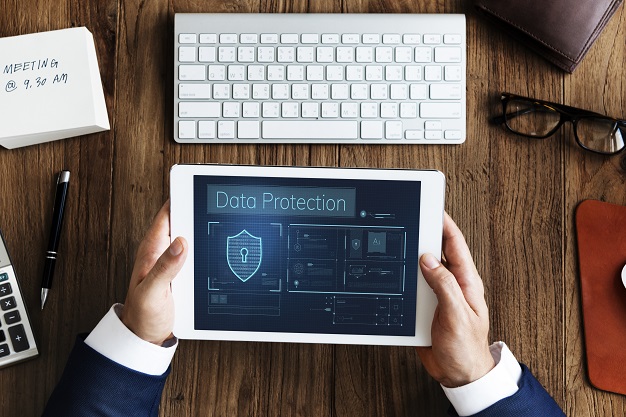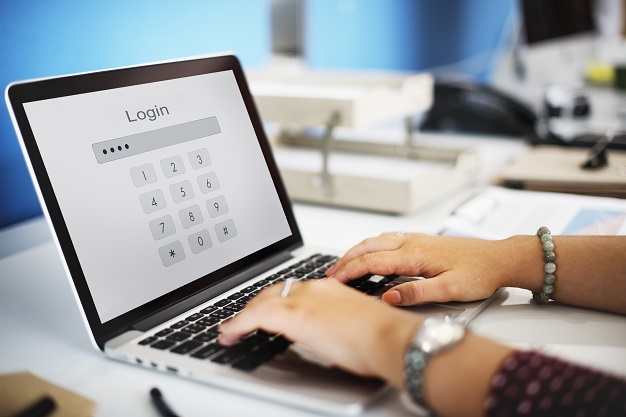
Have you ever sent your login credentials to someone via mail or message? Were you sure the channel was secure enough to not leak your information? Well, multiple companies are struggling with data breach issues due to sharing sensitive information through unsecured channels. Therefore, we must inform our readers about protecting sensitive data.
The technology is working pretty well to serve the users with convenience. However, the security concern is somewhere lagging behind or perhaps not being upgraded at the same pace. Said that; hackers are at ease. It has become easy to steal data from upgraded ways of data transfer.
The problem is not really with the technology but with the providers. You can not trust all the websites on the internet to share your sensitive data. You must ensure that the channel you are going to use for data sharing is safe and your data will go directly to the receiver without any breaches midway.
Tips To Send Sensitive Data With Security
If you are frightened of security issues while sending data or transferring files, you can follow the below tips to ensure the safe transfer of information.
1) Cross Check All Information
Many times we send the information on the wrong number or email address that we realise after getting an intimation. This could be devastating.
Make sure you are sending the right information to the right person at the right time. Especially when the information is confidential or sensitive.
2) Use VPN
Till now, ‘virtual private network’ is the best way to transfer files. Why?
VPN is the tool that allows online privacy to your browsing data, and everything you transfer under the network. All the information transfers and general internet surfing gets protected through an encrypted tunnel.
Even the government or high authority professionals can not trace the information you send through a VPN network. Also, your original IP address gets changed with some other IP address of a VPN server with a free cybersecurity tool.
However, the VPN servers are generally paid so if you have critical information to share, these servers are worth buying. Many big corporations and businesses are using VPNs these days to avoid data breaches and system hacking.

3) Use Trusted File Sharing Services
As we already said, do not trust all service providers available on the internet. You have access to almost everything on internet, but this also means that your information is available to millions of active internet users. Therefore, you must know how to use internet safely. Moreover, every day, 30,000 websites become a victim of hacking attacks. Using a less or unsecured website for crucial information transfer is not a wise idea.
We are not discouraging trying small or mid-sized IT services. We just want you to check the security arrangements on priority. If you feel there’s a local website that offers amazing deals and a secured channel for information transfer. Go ahead with them.
By saying that, you need a website that deletes the data as soon it reaches the receiver. Or else, you will be given a link which you can cross to download files.
4) Transfer Encrypted Files
When you are sending files through any mode, give an additional layer of security by making them encrypted. It is easy to encrypt the file with the following steps:
- Right-click on the file you want to encrypt
- Click Properties
- Further, click on Advanced (at the right bottom of the properties window)
- Check in the box of ‘encrypt content to secure data’
- Click OK, your advanced attribute window will be closed
- Click on Apply.
Moreover, if you have multiple files to send. Zip them and encrypt the zipped file.
5) Try Password Managers To Share Passwords
Usually, we share passwords through messaging apps or text messages. That is not safe too if unencrypted. Instead, use password managing software for such purposes. These software offers safe platforms to share your passwords or short pieces of information.
Also, if you are bad at remembering your passwords, you can store them in these apps too.
Please note, many apps are available in the market that claim to have a secure platform for password sharing but not every app is trustworthy. Search on Google, explore and choose the best and most reliable app.

6) Use Encrypted Messengers Only
Well, not all messaging apps are unencrypted. Many market-leading brands offer encrypted messaging apps so the user need not be worried about privacy.
Moreover, some apps now offer an auto-delete feature that deletes the message from the server as soon as it is read by the receiver. Or you can set a time after which the message will be deleted.
All these measures have been taken after considering the real-time hacking attacks that makes these messaging apps more reliable than before.
The Final Words
There is always a way electronically to save your data. All you need is the correct approach and guidance. Increased hacking attacks is a big concern the world is struggling with. If you are a big corporate, small business or an individual who does not want to get hacked. Use these tips that help in protecting sensitive data. Keep visiting our website for more information related to cyber security.
